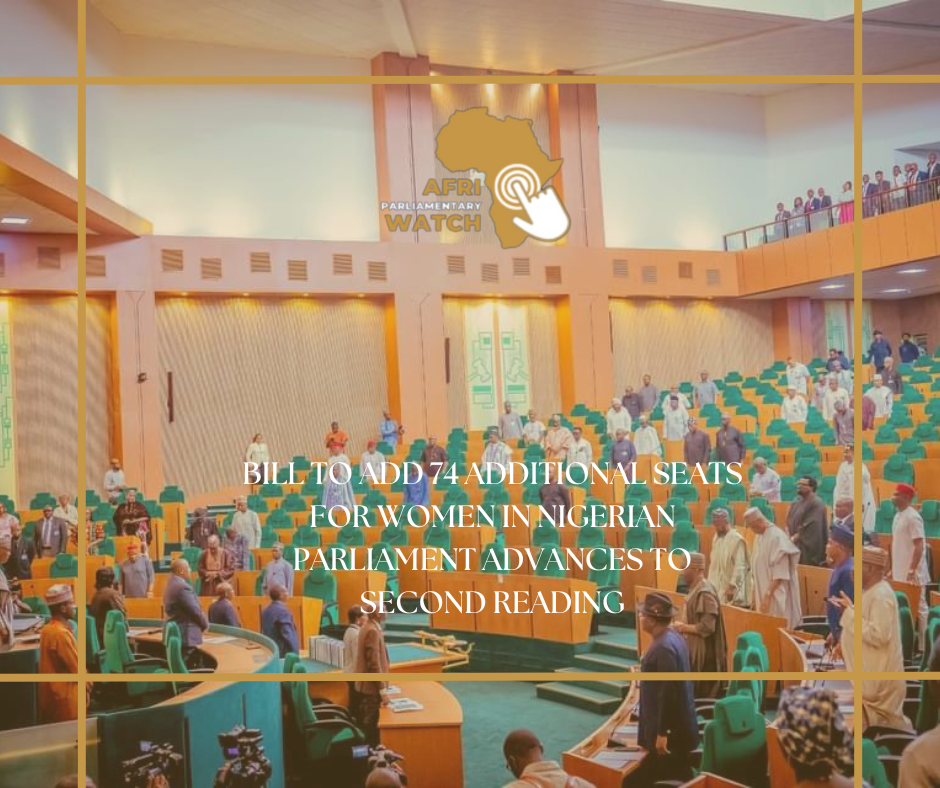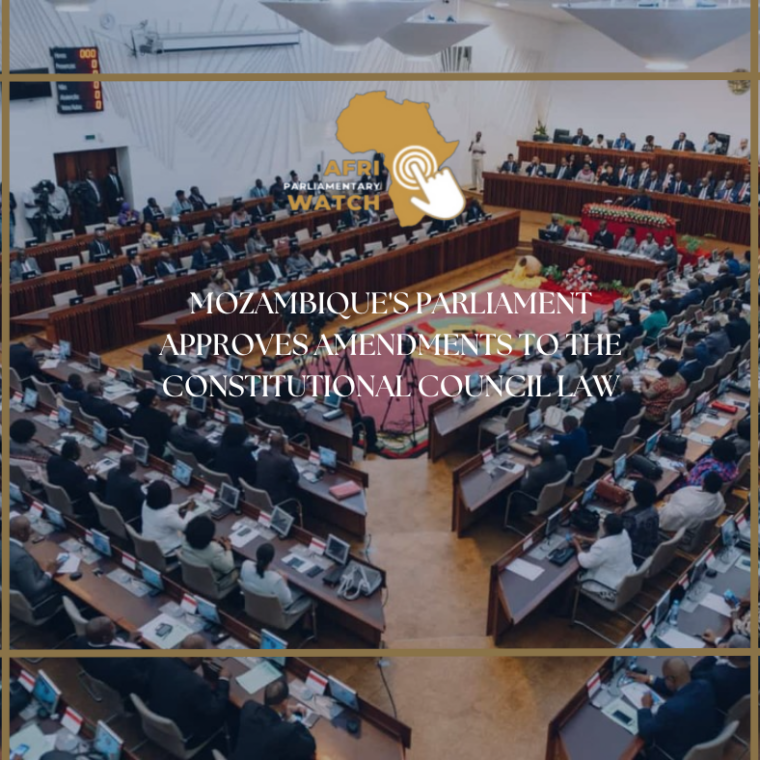Nigerian House of Representatives Advances Bill for Additional Women’s Seats
On Tuesday, the Nigerian House of Representatives passed a bill for a second reading that proposes amending the constitution to increase legislative seats reserved for women in both the National and State Assemblies.
The bill, co-sponsored by Deputy Speaker Ben Kalu and 12 other lawmakers, aims to amend Sections 48 and 49 of the Constitution to create one additional senatorial seat and one additional House seat reserved exclusively for women in each state and the Federal Capital Territory (FCT). It also seeks to amend Section 91 to allocate three special seats for women in the Houses of Assembly of each state, to be distributed across the three senatorial districts.
Leading the debate, Joshua Gana (PDP, Niger) emphasized the importance of addressing gender inequality in governance. He argued that the bill is grounded in the principle of equitable representation and aims to empower women by ensuring they have a more significant role in shaping legislative policies and national development. “Gender equality and representation are central to our constitutional democracy,” Gana asserted.
Despite Gana’s arguments, the bill faced substantial opposition from several members who contended that the proposed changes violate the spirit of the Constitution. Minority Leader Kingsley Chinda (PDP, Rivers) supported the bill, pointing out Nigeria’s poor performance in gender representation compared to other African nations. “Nigeria is significantly deficient in women’s representation. As parliamentarians, we must address this gap,” Chinda said, dismissing concerns that the bill conflicts with constitutional principles.
Ahmed Jaha (APC, Borno) urged his colleagues to pass the bill to allow public participation in shaping its future. Supporters also included House spokesperson Akin Rotimi (APC, Ekiti), Maidala Balami (PDP, Borno), and Chike Okafor (APC, Imo).
Conversely, Ghali Tijani (NNPP, Kano) argued against the bill, claiming it undermines democratic principles and could harm political parties. “Accepting this bill contravenes democratic values and could weaken political structures,” Tijani stated, advocating instead for legislation on appointive positions.
Juwonlo Alao-Akala (APC, Oyo) also opposed the bill, arguing that it could exacerbate inequality by giving preferential treatment to women. He contended that all representatives entered the House based on merit and that creating additional seats would violate constitutional principles.
As the debate continued, Deputy Speaker Ben Kalu, a primary sponsor of the bill, suggested stepping down from presiding over the discussion to avoid a conflict of interest. However, Ahmed Satomi raised a point of order, arguing that the debate had already progressed too far to be halted.
Kalu then put the bill to a voice vote, which resulted in a majority in favor, despite significant opposition. The bill was referred to the House Committee on Constitution Review, which Kalu chairs. The proposed legislation is a key item on the current Assembly’s agenda, although the lawmakers are already behind schedule for its introduction by the end of 2023.





